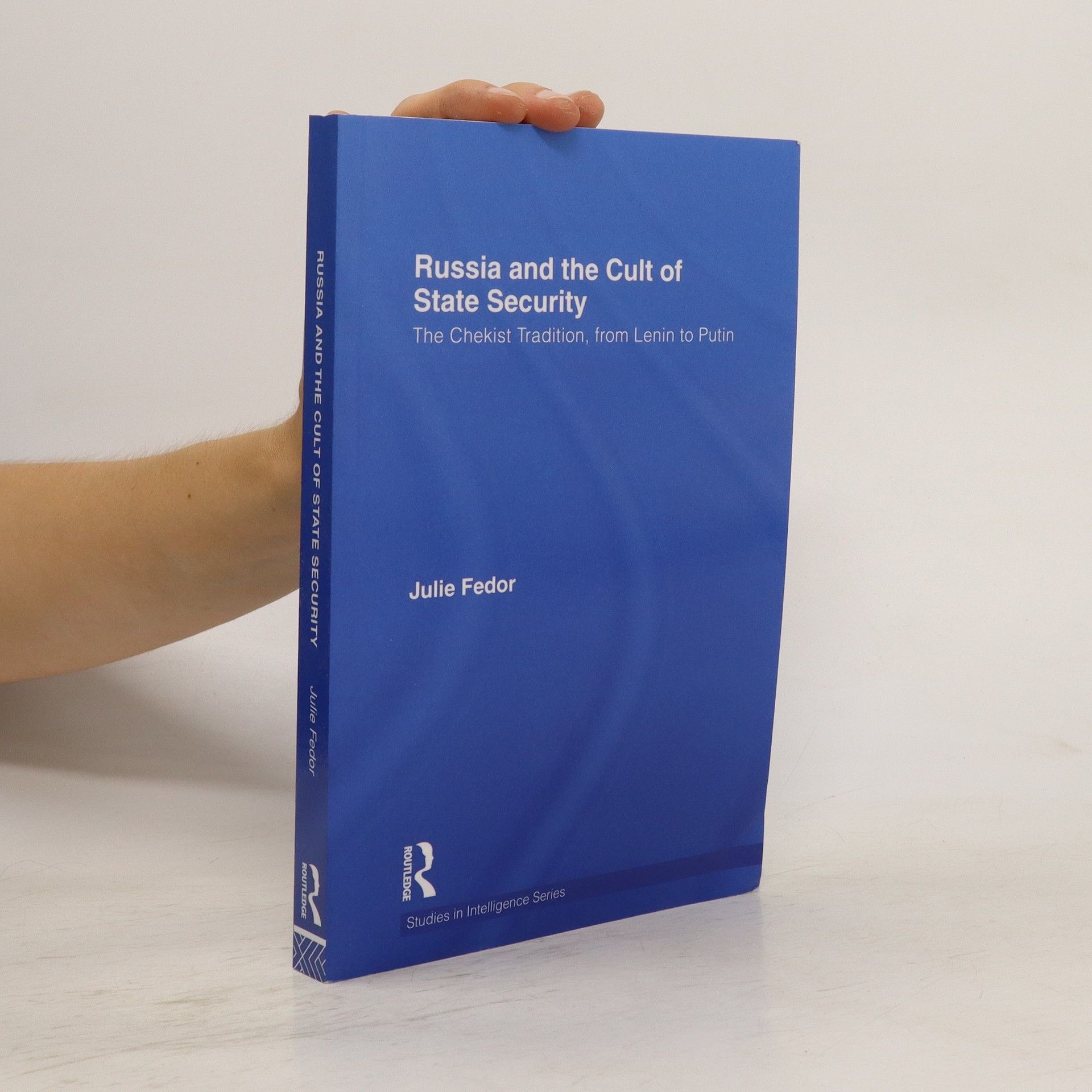Russia and the Cult of State Security
- 304pagine
- 11 ore di lettura
This book explores the mythology woven around the Soviet secret police and the Russian cult of state security that has emerged from it.


This book explores the mythology woven around the Soviet secret police and the Russian cult of state security that has emerged from it.
2022/2 Russian Disinformation and Western Scholarship: Bias and Prejudice in Journalistic, Expert and Academic Analyses of East European and Eurasian Affairs
Western academics, experts, and journalists specializing in Eastern Europe and Eurasia have grappled with two fundamental analytical crises in connection with the 1991 disintegration of the USSR and Russia’s 2014 invasion of Ukraine. Both crises were brought about by similar lack of understanding by scholars, think tank experts, and journalists of Moscow’s relations with its neighbors. Typically, they were characterized by a downplaying of the historic and current role of Russian great power nationalism. The authors of this issue of JSPPS investigate how the Kremlin’s recent turbo-charging of Russia’s information warfare, 24-hour TV, and social media activity has expanded on traditional pro-Russian sentiments among Western academics, experts, and journalists. The contributors analyze the downplaying of Russian nationalism, misinterpretations of the 2014 crisis, sympathetic portrayals of Crimea’s occupation, and the use of the term “civil war” rather than “Russian–Ukrainian war” for the Donbas conflict in academia as well as the think tank world and media in the UK, Germany, Poland, Japan, USA, and Canada. The list of contributors includes: Olga Bertelsen (Tiffin University, Ohio), Paul D’Anieri (University of California at Riverside), Sanshiro Hosaka (University of Tartu), Andrei Znamenski (University of Memphis, Tennessee), and Sergei I. Zhuk (Ball State University, Indiana).